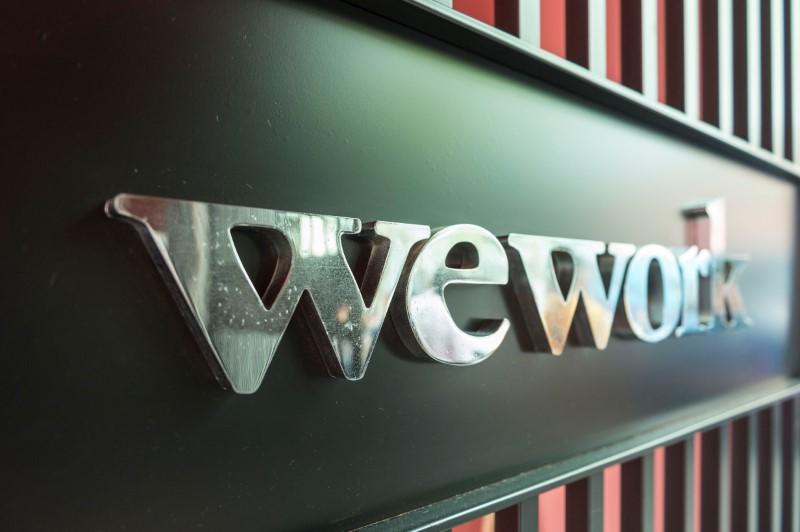
Members of Venezuelan migrant family Mendoza Landinez wait for the buses provided by Ecuadoran authorities to take them to the border with Peru, outside the Ecuadoran migrations office at the Rumichaca International Bridge, in Tulcan, Ecuador, border with Colombia on Aug. 24, 2018. - On foot, by bus, on the backs of juddering trucks, like tens of thousands of others they slogged for days along the Pan-American highway through Colombia and Ecuador. Grubby and sleepless, their goal was to reach Peru, a sanctuary of sorts for a desperate Venezuelan family. Exhausted and swept by the endless wash of traffic noise on the highway's shoulder, the Mendoza Landinez family had the additional pressure of a deadline: to enter Peru before new rules required them to produce a passport. By Luis Robayo/AFP/Getty Images
|Updated:



